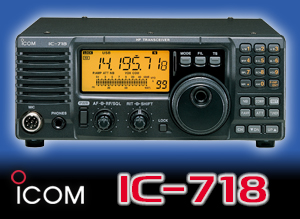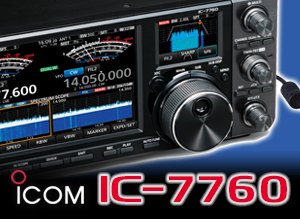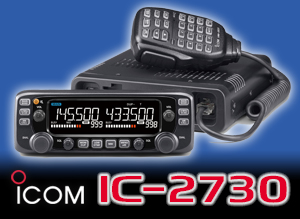Propagation Studies Committee (PSC)

The PSC improves understanding of radio propagation through promoting and coordinating research
Promotes interest in radio propagation amongst radio amateurs and shortwave listeners, to enable them to make informed use of the amateur bands and develop a research interest into the subject
What we do
- Improving our understanding of radio propagation through promoting and coordinating research
- Liaising with academics and other experts on propagation matters
- Acting as consultants and advisers to RSGB members over propagation issues
- Writing propagation-related material, including HF predictions, for RSGB
- Giving educational talks and presentations to interested parties
You can find out more about our work in our introductory presentation What does the Propagation Studies Committee Do? (12-page/1.5MB PDF)

Monitoring the sunspot cycle
The Propagation Studies Committee stemmed from a suggestion made in 1957 by Dr Smith-Rose, then Director of the Radio research Station, Slough, and later to become a President of the RSGB, that a small committee should be formed to attempt to correlate radio amateur observations with ‘auroral, ionospheric or meteorological conditions’.
This led to the formation of the Scientific Studies Committee, which was re-named the Propagation Studies Committee in 1976. The original spirit of research has remained, as may be seen by the steady flow of papers on propagation topics included in professional conferences.
They also maintain close links with a number of professional organisations both at home and abroad, believing that a time of intensifying pressure on every part of the radio spectrum active and relevant propagation research by amateurs provides a strong argument in favour of maintaining the range of frequency allocations available to us.
Each member of the PSC is a specialist in at least one aspect of radio propagation and there are always several projects in hand, such as the work on VHF sporadic-E and on tropospheric propagation at 50 MHz currently under way.











